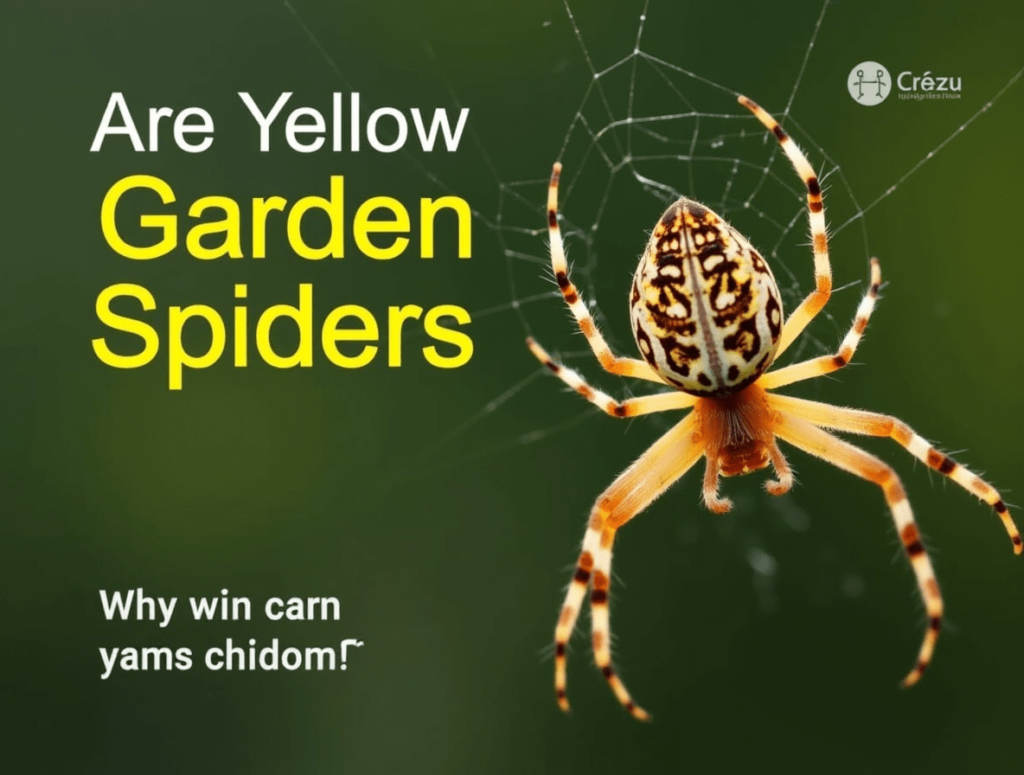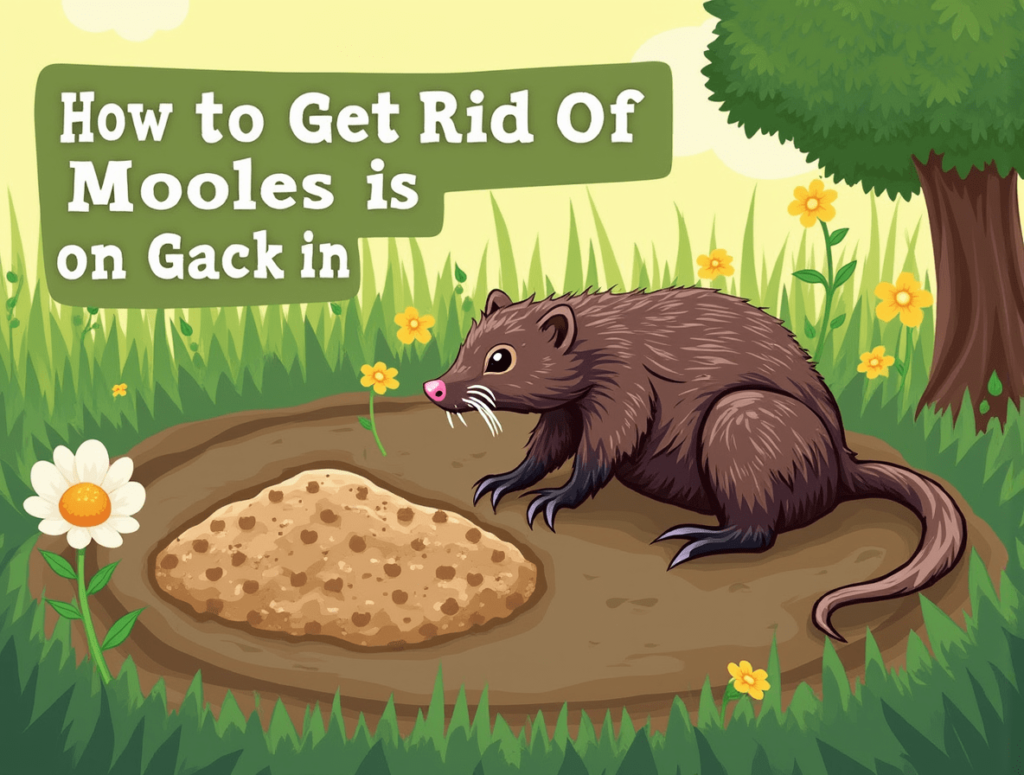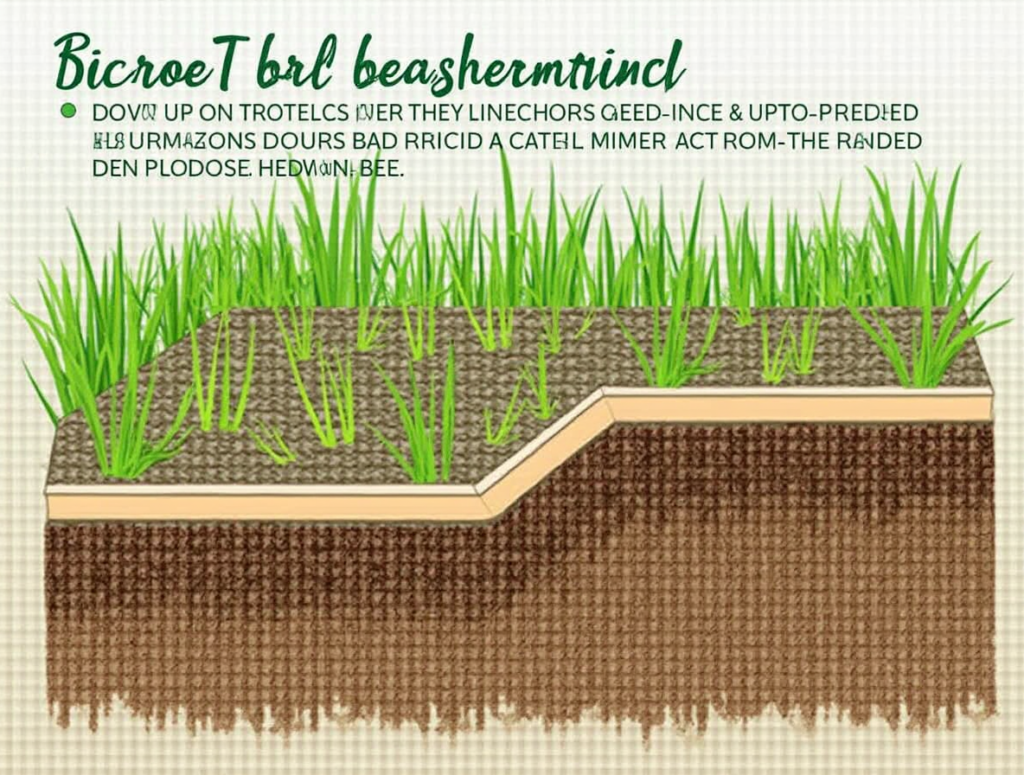Have you ever walked through your garden and suddenly come face-to-face with a large, strikingly colored spider in the center of an intricate web? If so, you’ve likely encountered the yellow garden spider (Argiope aurantia), also known as the writing spider or black and yellow garden spider. Many gardeners wonder: are yellow garden spiders poisonous? This question often arises from their impressive size and distinctive appearance. In this comprehensive guide, we’ll explore everything you need to know about these fascinating garden residents.
Understanding Yellow Garden Spiders
Yellow garden spiders are among the most recognizable arachnids in North American gardens. Their distinctive black and yellow markings make them easy to identify, but these markings also raise concerns for many gardeners about whether these spiders pose any danger.
“Yellow garden spiders may look intimidating due to their size and vivid coloration, but they’re actually beneficial allies in your garden ecosystem.” – Entomological Society of America
Identification Features
Before addressing whether yellow garden spiders are poisonous, let’s examine how to properly identify them:
- Size: Females are significantly larger (body length 0.75-1.1 inches) than males (0.2-0.35 inches)
- Color Pattern: Distinctive black and yellow abdominal markings
- Web Structure: Large, circular orb webs with a dense zigzag pattern (stabilimentum) in the center
- Habitat: Gardens, fields, and forest edges where they can build large webs between plants
Are Yellow Garden Spiders Poisonous?
The straightforward answer to whether yellow garden spiders are poisonous requires understanding the difference between “poisonous” and “venomous.”
| Term | Definition | Applies to Yellow Garden Spiders? |
|---|---|---|
| Poisonous | Toxic when eaten or touched | No |
| Venomous | Injects toxins via bite or sting | Yes (mildly) |
Yellow garden spiders are not poisonous—they won’t harm you if you touch them (though handling is not recommended as it stresses the spider). They are technically venomous, as they do possess venom glands used to subdue their prey. However, their venom poses very little threat to humans.
The Truth About Yellow Garden Spider Venom
Are yellow garden spiders poisonous enough to worry about? The facts:
- Their venom is designed to immobilize insects, not affect large mammals
- A bite from a yellow garden spider is rare and typically only occurs if the spider is directly handled or threatened
- For most people, a bite would cause only mild, localized pain similar to a bee sting
- Symptoms typically resolve within 24-48 hours without treatment
- Serious reactions are extremely rare and generally only occur in individuals with specific allergies
Benefits of Yellow Garden Spiders
Far from being a pest to fear, yellow garden spiders provide several benefits to your garden:
Natural Pest Control
- Consume flying insects including mosquitoes, flies, wasps, and beetles
- Can catch larger pests like grasshoppers and locusts
- One spider can consume hundreds of insects during its lifetime
Ecological Indicators
- Their presence indicates a healthy, balanced garden ecosystem
- They thrive in pesticide-free environments
Living Alongside Yellow Garden Spiders
Since yellow garden spiders are beneficial and not dangerously poisonous, here’s how to coexist with them in your garden:
Where to Find Them
Yellow garden spiders typically build webs in sunny areas with minimal wind disturbance, often between plants or structures where flying insects frequently pass. They’re most commonly seen in late summer and early fall when females reach their full size.
If You Encounter One
If you find a yellow garden spider in your yard:
- Observe from a distance: Appreciate their web-building skills and hunting prowess
- Avoid disturbing their webs: They invest significant energy in web construction
- Warn children: Teach kids to admire but not touch these spiders
- Relocate if necessary: If a web is in a high-traffic area, you can carefully relocate the spider using a stick and cup to a similar environment away from human activity
Common Questions About Yellow Garden Spiders
Are baby yellow garden spiders poisonous?
Juvenile yellow garden spiders possess the same type of venom as adults, but in smaller quantities. They are even less likely to bite than adults and would deliver a much smaller dose of venom if they did.
How long do yellow garden spiders live?
Females typically live for about one year, while males have shorter lifespans of a few months. After mating in late summer or early fall, females produce egg sacs and die with the first frost.
Do yellow garden spiders come inside houses?
Yellow garden spiders strongly prefer outdoor environments where they can build their large orb webs between plants. Finding one inside a home is extremely rare, as indoor environments don’t provide suitable web-building locations or prey.
What to Do If Bitten
Though bites are uncommon, if you believe a yellow garden spider has bitten you:
- Wash the area gently with soap and water
- Apply a cold compress to reduce swelling
- Take over-the-counter pain relievers if needed
- Monitor for unusual symptoms, particularly if you have known spider allergies
- Seek medical attention if extreme swelling, spreading redness, or systemic symptoms develop
Final Thoughts: Valuable Garden Allies
The question “are yellow garden spiders poisonous?” stems from a natural caution around large, distinctive arachnids. However, these impressive spiders pose minimal risk to humans while providing significant benefits to your garden ecosystem. Rather than fearing or eliminating these creatures, consider them valuable allies in your natural pest management strategy.
By understanding and appreciating the role of yellow garden spiders, you can foster a healthier, more balanced garden environment while enjoying the spectacular sight of these master web weavers at work.
Have you spotted yellow garden spiders in your garden? Share your experiences or questions in the comments below!
Related garden topics you might enjoy:
- Natural Pest Control Methods for Organic Gardens
- Beneficial Insects: The Good Bugs Your Garden Needs
- Creating Wildlife-Friendly Garden Spaces


